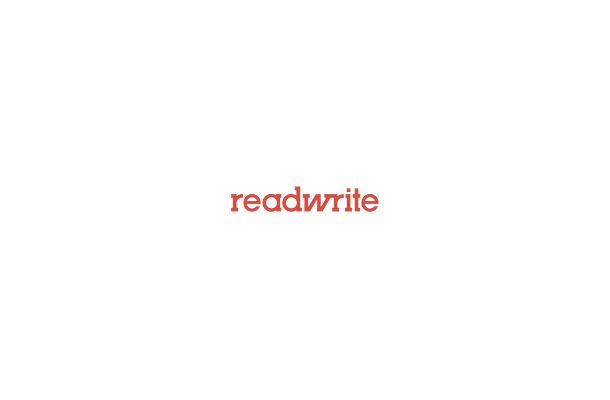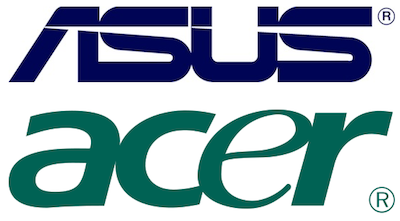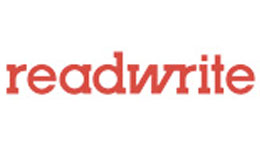The Following Article appeared on DigiTimes:
Asustek Computer and Acer are both set to add development for the recently announced Tizen operating system project, while High Tech Computer (HTC) is currently evaluating its decision, according to market watchers.
Tizen is a new open source mobile and device operating system based on Linux which will be designed to support multiple device categories, such as smartphones, tablets, smart TVs, netbooks, and in-vehicle infotainment devices. The project is hosted by the Linux Foundation with development led by a technical steering team composed of Intel and Samsung. Tizen will build upon technologies developed as part of the MeeGo and LiMo projects, adding a robust and flexible environment for application developers, based on HTML5 and Wholesale Applications Community (WAC).
On September 2, Digitimes reported that Intel had decided to back off its support for MeeGo, its previous open source operating system project targeting mobile devices. Intel, at the time, strongly denied the report with a spokesperson saying, “[Intel] remains committed to MeeGo and will continue to work with the community to develop and help meet the needs of customers and end users with open source.” However, following the announcement of Tizen, an Intel representative working on the MeeGo project has said that “Over the next couple of months, we will be working very hard to make sure that users of MeeGo can easily transition to Tizen, and I will be working even harder to make sure that developers of MeeGo can also transition to Tizen.”
Tizen will provide a surface layer which can host HTML5 and WAC-based applications, while the underlying platform will be flexible in order to meet the needs of various hardware device catagories. Application stores will also merge the current resources of Intel’s MeeGo and Samsung’s Bada. Tizen has already won support from Panasonic Mobile Communications, NTT DoCoMO and SK Telecom, and a software development kit (SDK) is scheduled for release in the first quarter of 2012.
Sources from notebook players pointed out that Google’s recent acquisition of Motorola created strong concerns among tablet PC vendors, especially Samsung, which currently is in the best position, out of other vendors, to take on Apple; therefore, to avoid being controlled by either Google or Microsoft, Samsung is hoping the cooperation with Intel will help resurrect its Bada operating system.
Meanwhile, since Intel is also having difficulty attracting smartphone and notebook players to adopt MeeGo due to technology bottlenecks, system compatibilities and a lack of software, cooperating with other software platforms may earn the company a chance to gain ground in the tablet PC and smartphone market.
However, since Intel is still maintaining its cooperation with Google, while its relationship with Microsoft is unchanged, Intel’s strategy will still put the company in a win-win situation.
With Tizen’s appearance, Asustek and Acer’s plans to launch MeeGo-based products will also be halted until Tizen launches.
Source DigiTimes
Acer, Asustek to join new Tizen project





